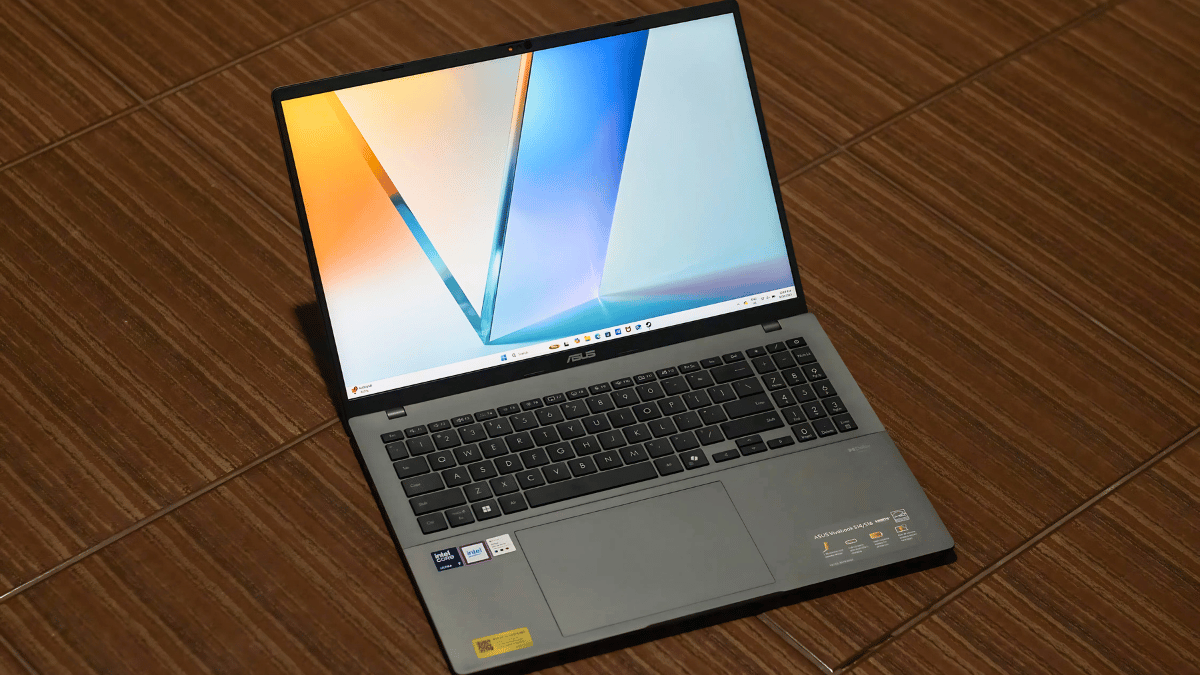
From robotic vacuum cleaners doing their job at hotel lobbies to smart robots delivering food in restaurants, the use of intelligent robotics is becoming increasingly prevalent. But, in addition to bringing you coffee, these advanced machines are already revolutionizing manufacturing and even R&D. OPPO is one of the companies leading the charge in this area. The company integrates smart robotics and self-developed AI algorithms to add more intelligence and efficiency to its R&D processes.
OPPO shows a peek on how the company uses intelligent robotics to elevate R&D across mobile communication, imaging, XR, smart health, and more.
Accelerating product R&D with AI technology and robotics
At OPPO, intelligent robotic arms are introduced for product development, as well as hardware and software performance testing. These robots are inherently designed to perform tasks that require extreme precision and consistency better than humans. They can also operate continuously 24 hours a day, seven days a week, significantly increasing the output.
OPPO Intelligent Imaging Lab: Developing an objective standard for mobile camera testing
Each OPPO smartphone goes through hundreds of rounds of camera tests during the development phase. In its Intelligent Imaging Lab in Dongguan, OPPO created replicas of different scenes for photography and videography testing. The space features common user scenarios, such as a restaurant, a bar, a karaoke room, and a shopping mall. To conduct the tests, OPPO lets robots roam around the scenes to take photos on their own. This way, tests that would take a skilled engineer days to complete, now only takes hours.
OPPO Communication Lab: Keeping you connected in any scenario
We rely on our smartphones every day for a multitude of tasks, from looking up information to taking photos and playing games. But their basic function is to keep us connected. The OPPO Communication Lab is where this fundamental communication technology is both developed and tested.
The Communication Lab can simulate different network environments such as high-speed trains and crowded places to develop solutions for challenging network conditions. It can also simulate the networks of different international operators so that users around the world can all enjoy the same high level of communication experiences.
To test smartphones in these simulated environments, OPPO uses a robotic arm that mimics real smartphone users scrolling social media, browsing the web, and performing other tasks.
OPPO NFC Lab: Ensuring a consistent user experience
In the OPPO NFC Lab, each smartphone undergoes tens of thousands of rounds of tests to ensure read and write accuracy on different types of NFC terminals. OPPO equipped the lab with smart robotic arms, resulting in an industry-leading automated testing process that can run 24 hours a day, unattended.
OPPO XR Lab: Elevating XR experiences to the next level
OPPO’s XR lab also employs robotics. Here, a robotic arm is used to simulate various positions and angles of the head-mounted device. This enables the OPPO team to calibrate the display, fisheye camera, and VST camera according to the images captured and displayed. The use of this technology ensures that objects in virtual space are consistent with what the human eye sees in the real world, creating an entirely seamless extended reality sensation. Each successive generation of XR devices involves complex and tedious calibration. However, the robotic automation technology improves efficiency, allowing OPPO to focus on creating even better user experiences.
Making smart life experiences accessible for all
As technology continues to advance, a futuristic and smart life is within our reach. What lies ahead is a new era where technology leaps forward, reality and virtuality are mixed, and everything is intelligently connected. The growing popularity of smartwatches is a good example.
OPPO Health Lab: Making preventive health management an everyday reality
Recently, OPPO launched the new Watch 4 Pro. Using cardiovascular assessment algorithms developed by OPPO, the smart watch can detect blood vessel elasticity, helping users identify the risk of vascular sclerosis in time. In addition, the smartwatch comes with a new running form recognition function, which can detect the runner’s left and right foot bottoming balance, step frequency, stride length and other metrics. With advances in sensor technology, algorithms, and data science, OPPO is working to make daily health management a reality for everyone. A large part of the data and analysis behind these advanced health solutions are from OPPO’s own health lab, where it deploys various sport and monitoring equipment to collect and analyze a variety of health data.
OPPO AndesBrain (Binhaiwan Bay) IDC: Powering the age of Internet of Experience
In response to the growing demand for data storage, AI, and high-performance computing, OPPO began constructing its first large-scale data center, OPPO AndesBrain (Binhaiwan Bay) IDC, in January 2020.
OPPO now has hundreds of millions of ColorOS monthly active users worldwide. The data center has the computing power and bandwidth to facilitate large scale data processing and support OPPO’s hardware and software engineering. With OPPO’s increasing investment in AI, the data center also provides strong computing power to perform AI tasks and develop AI solutions.
The OPPO AndesBrain (Binhaiwan Bay) IDC also exemplifies the company’s dedication to integrating infrastructure and business innovations to reduce carbon emissions. The data center uses a rainwater harvesting system for cooling circulation. It has also adopted immersion cooling instead of air cooling for high-performance GPU server clusters, which has led to impressive improvement in energy efficiency.
OPPO has been cultivating its capabilities for nearly 20 years. Looking forward, the company will continue to dedicate its efforts to developing innovative products and technologies and empowering global users to embrace smart life experience.





